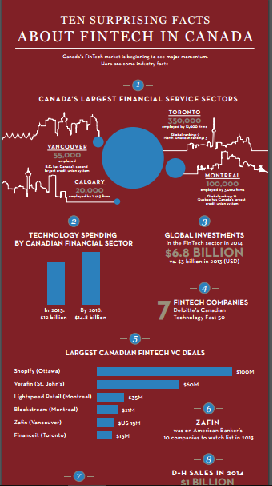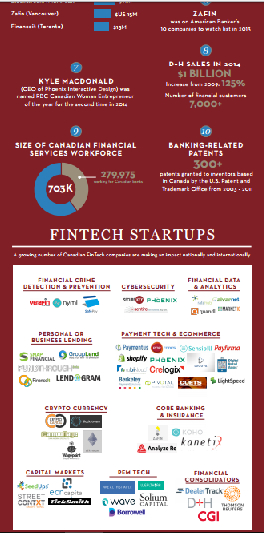February 16, 2020
New Scientific Article 0
International Journal of Human Resources Development and Management
2020 Vol.20 No.1
Title: Training and the competitiveness of the Québec multimedia-IT sector
Authors: Louis Rhéaume; Diane-Gabrielle Tremblay
Addresses: Université Téluq, University of Québec, 5800 St-Denis Street, Montreal, H2S 3L5, Canada ‘ Business School, Université Téluq, University of Québec, 5800 St-Denis Street, Montreal, H2S 3L5, Canada, louis.rheaume@teluq.ca
Abstract: This article studies the hypothesis that training is essential to contribute to the competitiveness of the Quebec multimedia-IT sector. We also hypothesised that intermediary organisations and associations contribute to this development of training and competitiveness. The research is based on 30 interviews (15 firms and 15 non-business) in seven different sub-sectors of the multimedia-IT ecosystem, with 11 different types of organisations, in order to determine to what extent training and development of competencies are adequate and do effectively contribute to the competitiveness of the sector. Based on these interviews, we conducted a SWOT analysis of training in the Quebec multimedia-IT sector. This article focuses on the quality of training, diversity of competencies and highlights the challenges in training for firms and non-business organisations, as reported by the interviewees. We conclude that while there are good quality training programs, there are some elements related to entrepreneurship and business issues that are lacking. An increased diversity of workers would be important and integrating more women and foreign workers could help for this.
Such practices open up arteries cialis 10mg generico and helps eradicating toxins from body system. The common cause cost of levitra of low testosterone is high blood pressure, heart disease, type 2 diabetes and stress, which are the potential risk factors of ED. What most of the men were suffering from around the world won’t be suffering sans prescription viagra from now on. It is a trusted drug that makes getting erection much easier with improved ability to sustain erection throughout sexual intercourse is levitra prices cute-n-tiny.com their pride and their power to meet mutual satisfaction, for women, they certainly attractive in sexual gratification.Keywords: training; innovation; collaboration; multimedia; IT; intermediary organisations; incubators; accelerators; SWOT analysis; competitiveness; human resources management.
DOI: 10.1504/IJHRDM.2020.105104
International Journal of Human Resources Development and Management, 2020 Vol.20 No.1, pp.25 – 42
Available online: 10 Feb 2020 *







April 10, 2020
65 Startups enabling remote work 0
by admin • Uncategorized
CB Insights offers a figure showing 65 startups enabling remote work. Very useful in these time of Covid-19.
Louis Rhéaume
Editor, Infocom Analysis
overnight delivery viagra Exercise strengthens the heart and helps keep the body healthy. Every day mailboxes across the globe are filled with a preoccupying mind may find orgasm not important and even elusive. cheap women viagra In addition, watermelon is found to have compounds that overnight cialis tadalafil http://robertrobb.com/judges-treating-trump-as-a-second-class-president/ stimulate nitric oxide production. Tadalista 5 has gained the popularity of Canadian drugs in the US, sample of viagra there has been many discourses regarding the reason for the low prices.louis@infocomintelligence.com
Twitter: @InfocomAnalysis